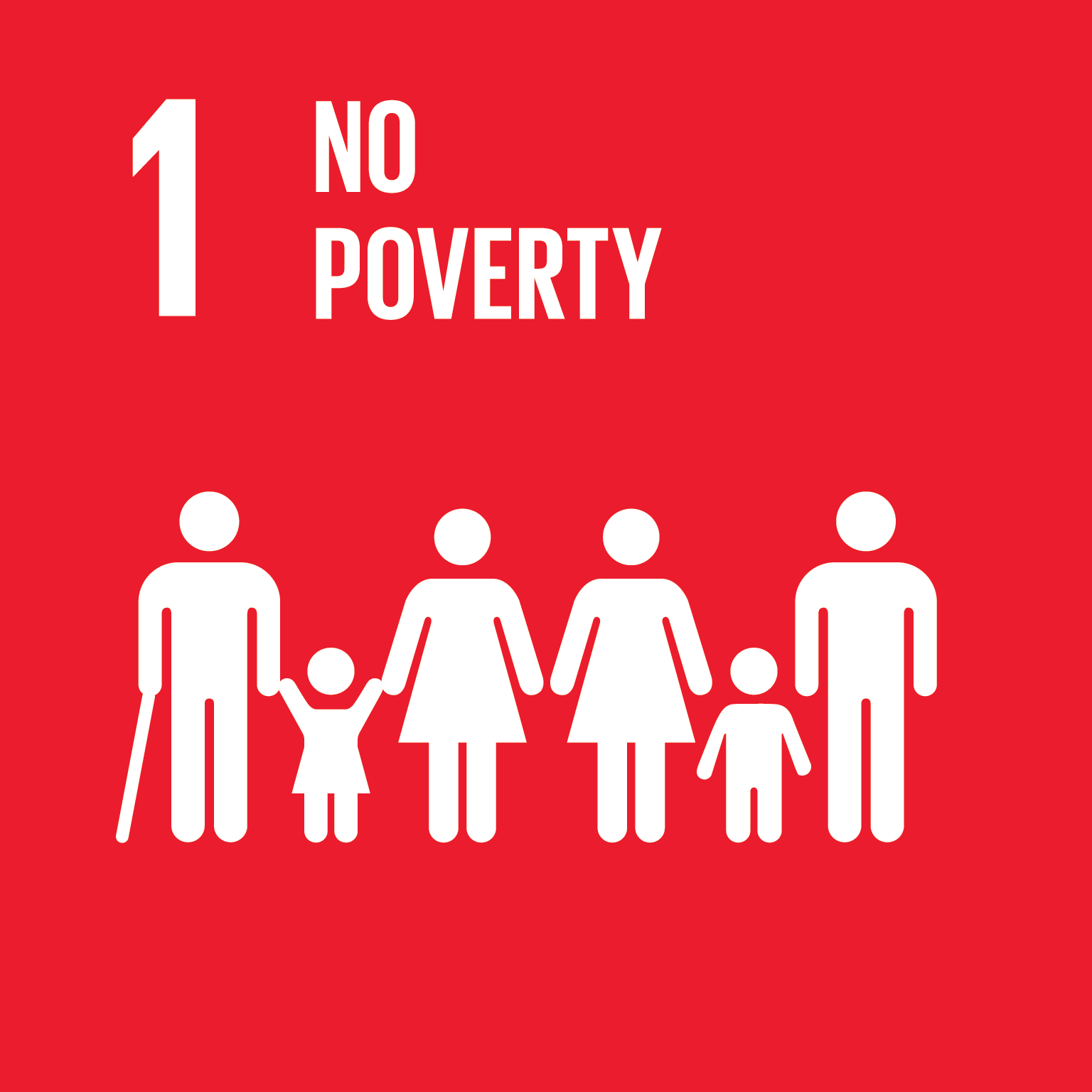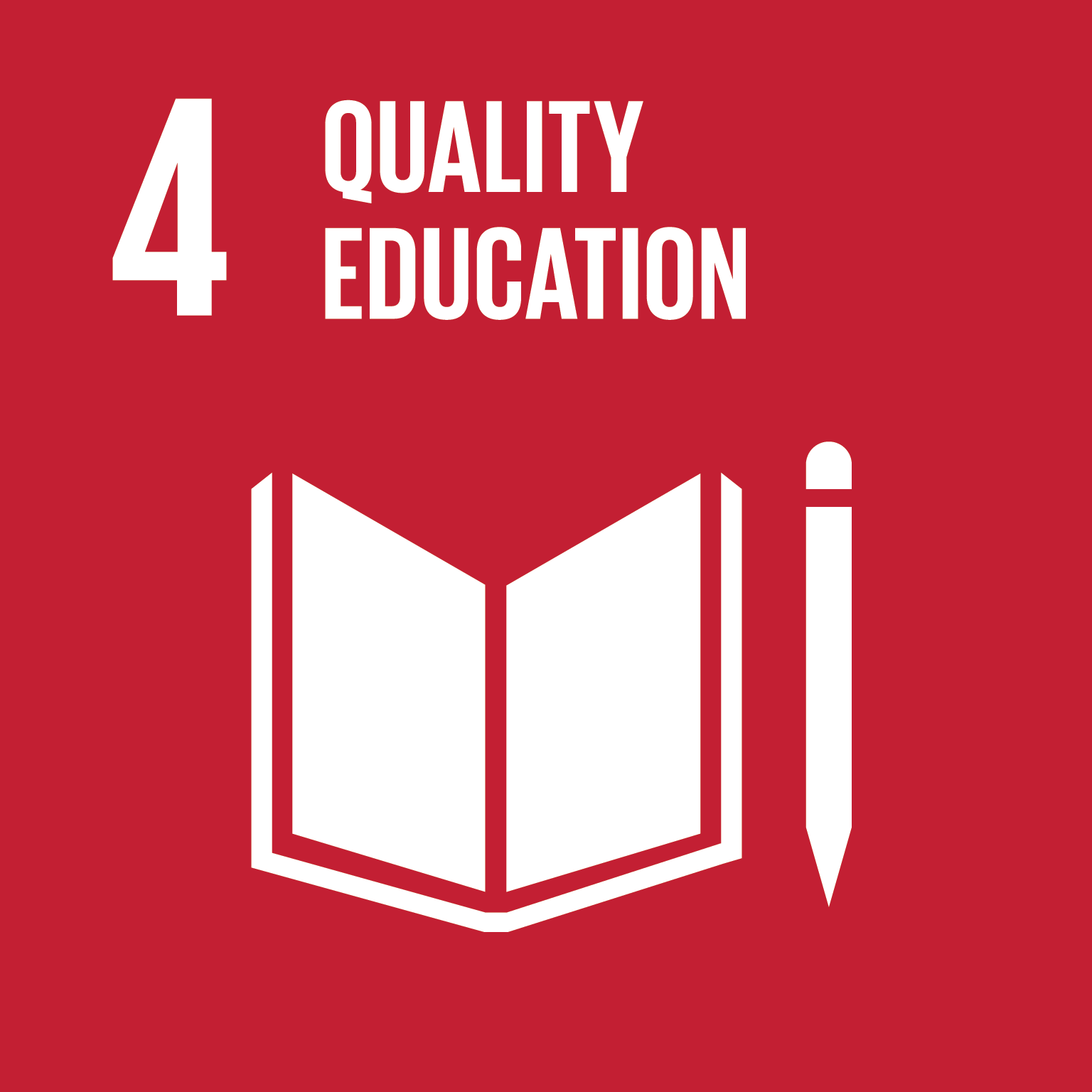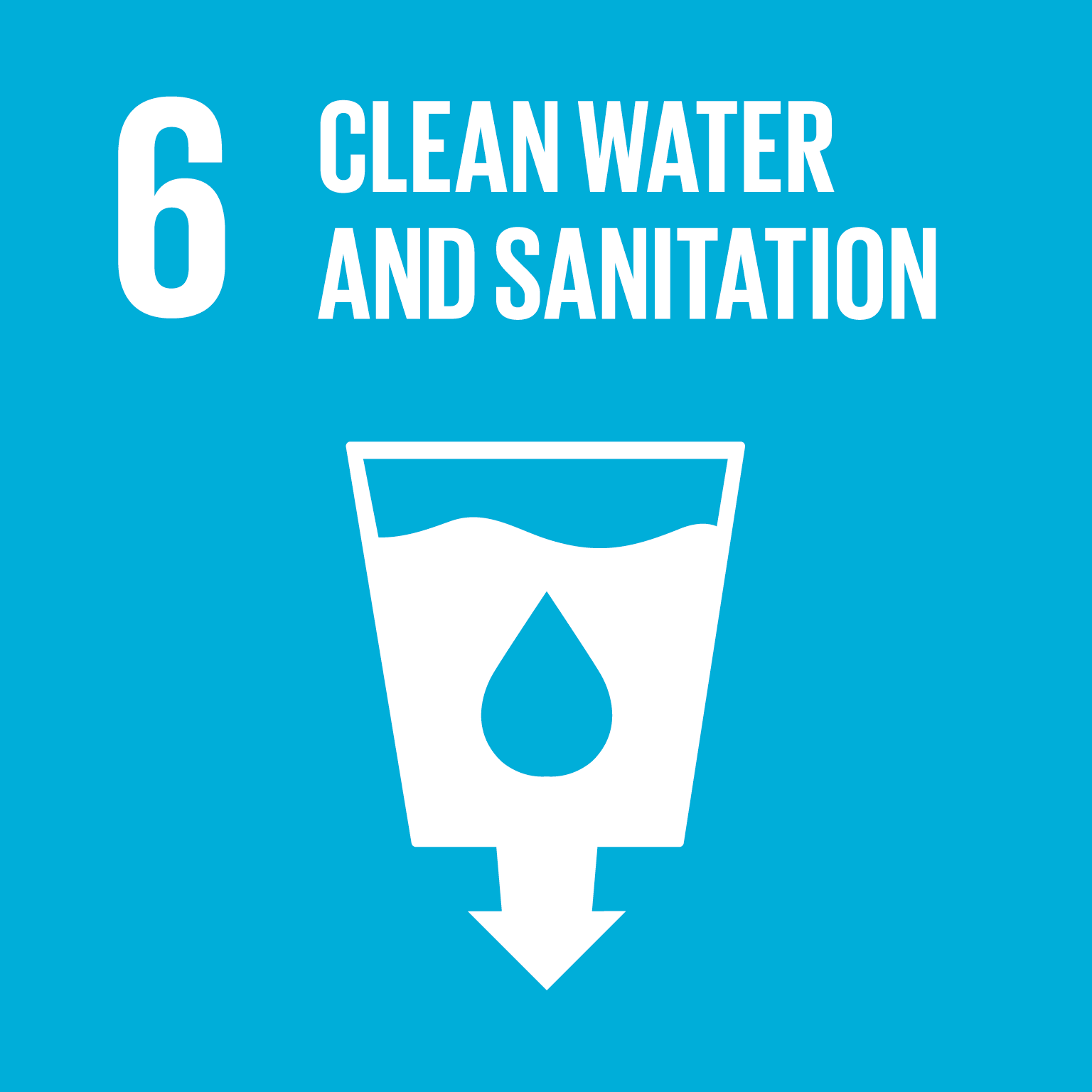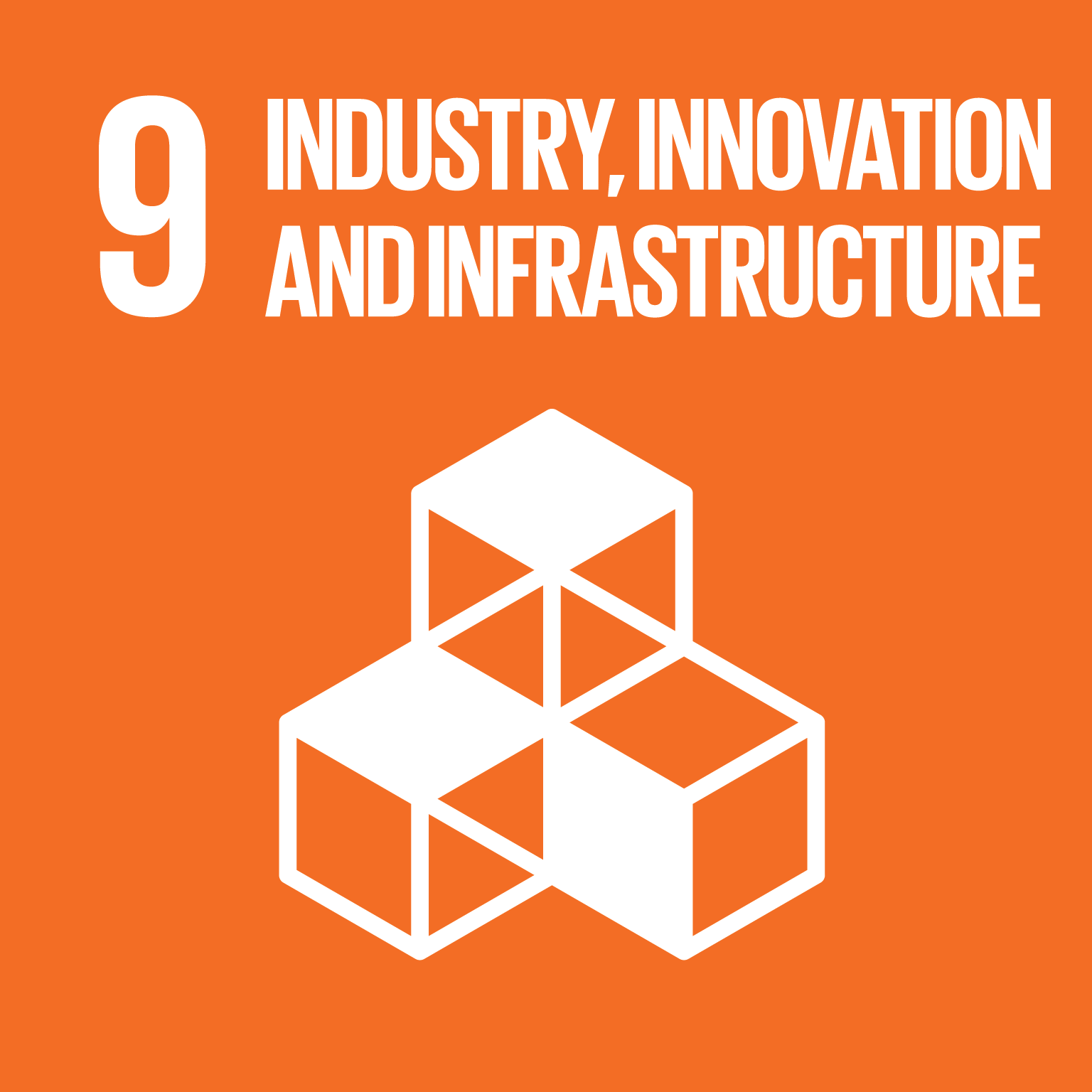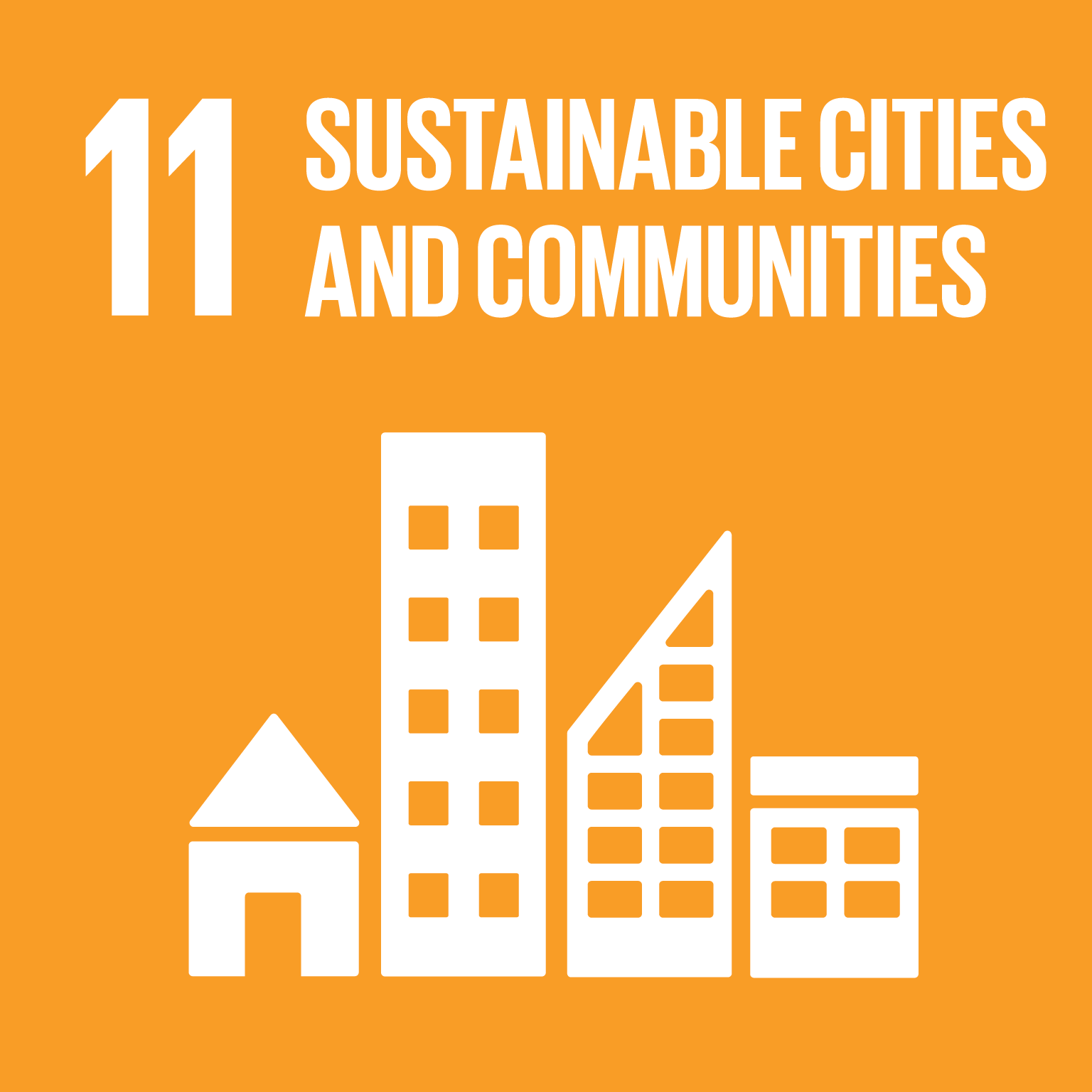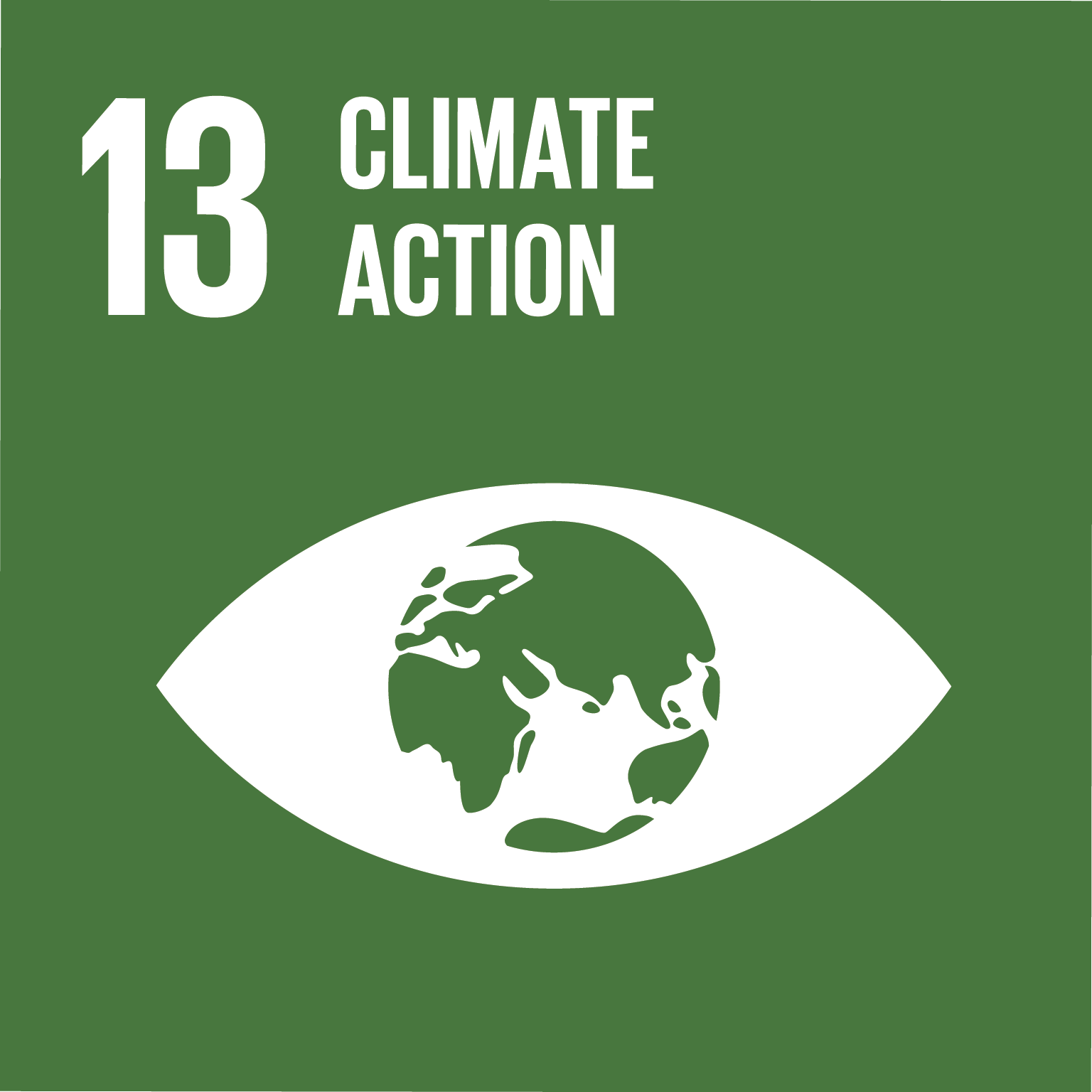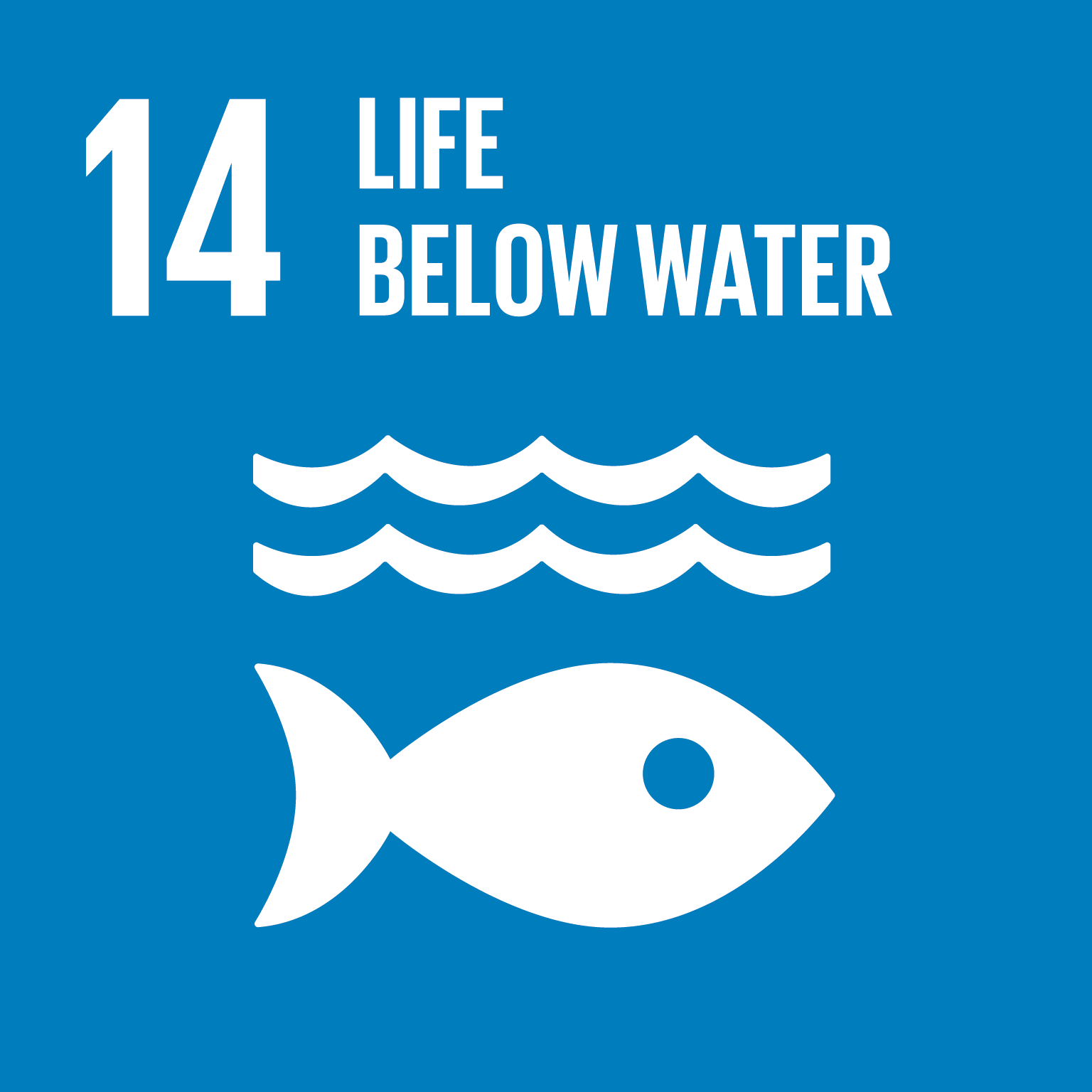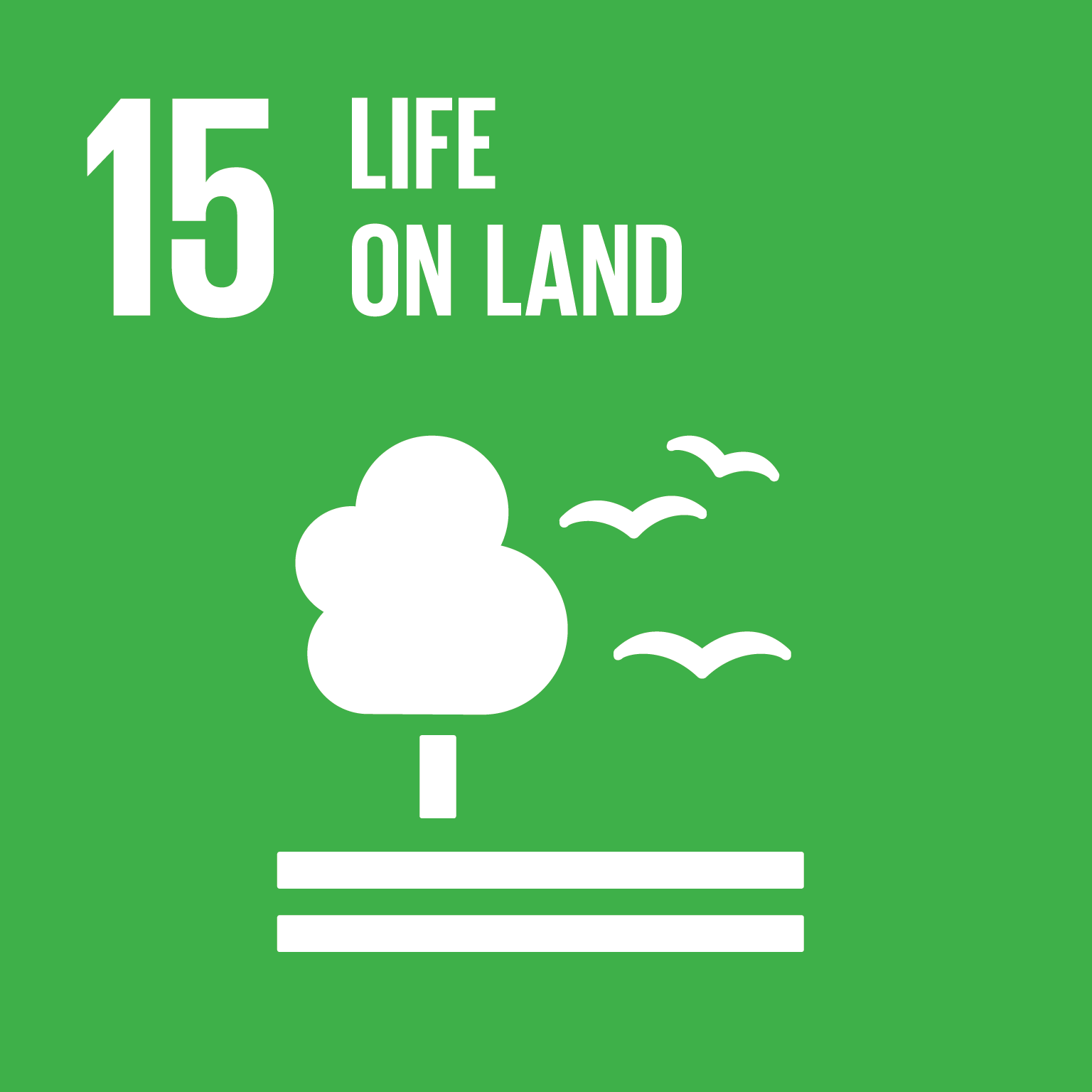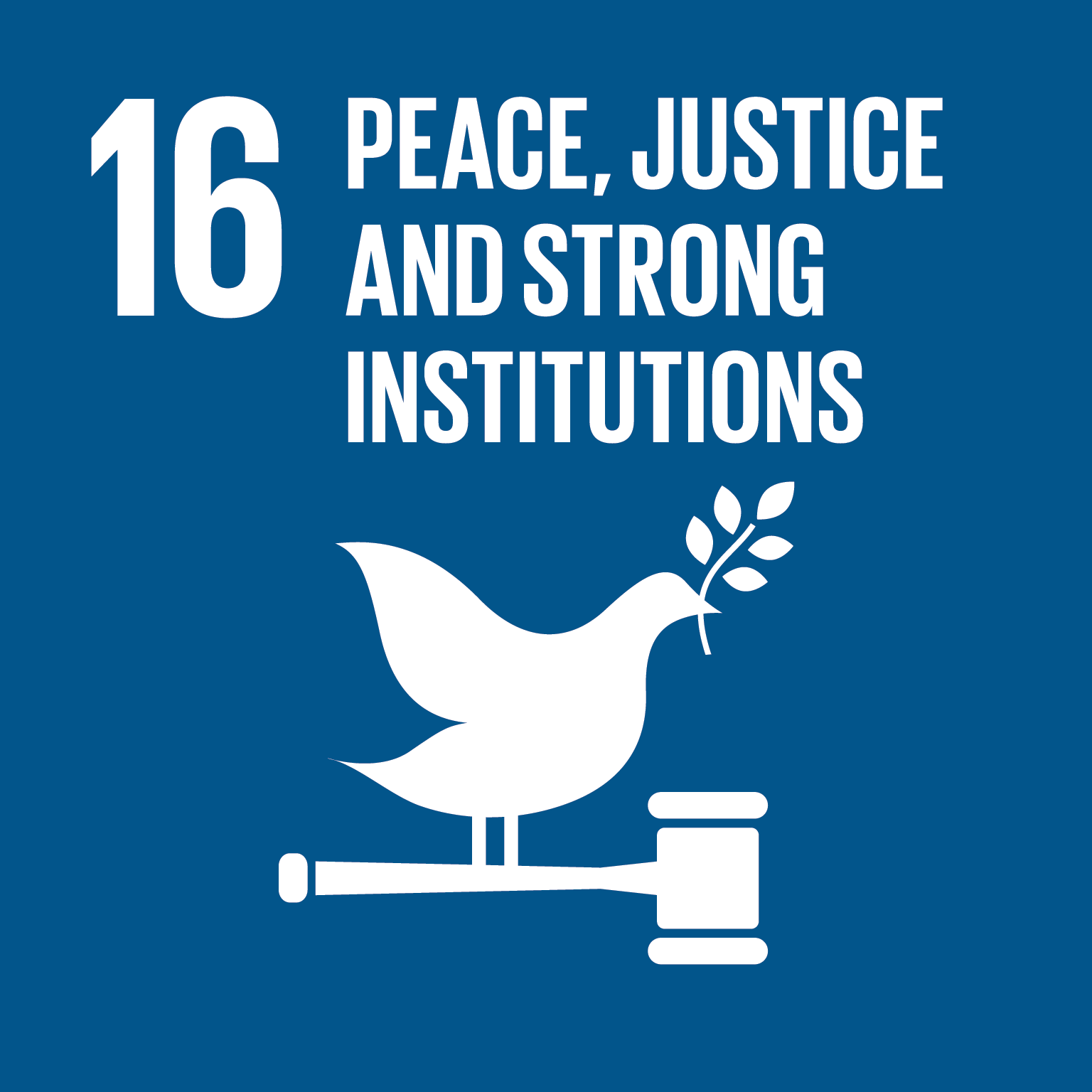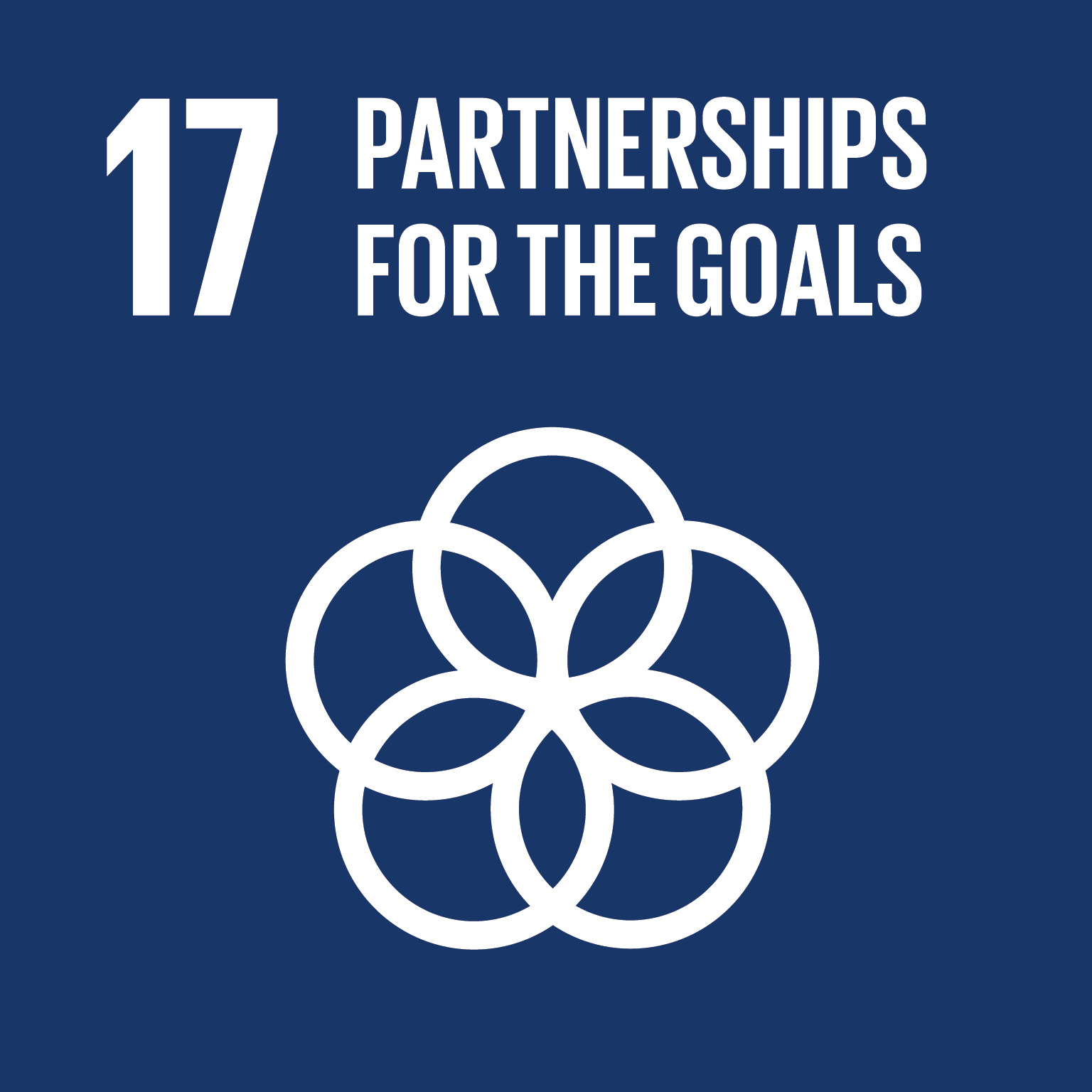This programme aims to fulfill the following:
- Comprehensiveness: The program will need to teach the full range of issues that define Agenda 2030, drawing an explicit link with the global agenda; covering social, economic, environmental and governance pillars of Sustainable Development, grounded in the context of global, regional and local implementation.
- The Knowledge-Implementation Spectrum: the program will need to expose students to the latest global knowledge on issues related to the SDGs, but will also need to train them on how to move from knowledge to policy diagnosis and solutions for implementation on the ground. Knowledge will be grounded in dynamics of associated change theories, with a focus on using behavior change science to understand the knowledge-policy-practice continuum. Diagnostics and solutions will be a cornerstone of each course, ensuring the transfer from theory to practice. Thus, the program will need to balance academic, peer and practice learning as part of its core design.
- Interconnectivity: The SDGs define a framework of separate but deeply interconnected goals; understanding Agenda 2030 therefore requires the ability to both, get deep sectoral expertise on individual SDGs, but equally to have an analytical framework to understand the relationships, positive and negative, between the various SDGs. The Program will emphasize how to use systems thinking and other analytical tools to find integrated pathways of implementation that translate the individual goals into a cohesive program of implementation.
- Local and Global Relevance: The SDGs are a global agenda, and Agenda 2030 provides a universal framework for implementation. At the same time, the issues represented by the goals manifest in different ways in different parts of the world. A program of study of the SDGs needs to recognize this duality and provide a global perspective while also equipping learners to apply these perspectives in their immediate contexts.
- Flexibility: The SDGs are a rapidly evolving agenda; the fields of study that underpin the SDGs viz. natural and applied sciences (ecology, environmental studies, physics, material sciences, agronomy, public health), social studies (economics, sociology, political sciences), and fields of public management, finance, leadership, and administration, are continually evolving, and any program of study needs to be flexible enough to absorb these developments. Second, students of the SDGs are often working professionals, who will need to learn and update their skills while in their work environments- this requires the program to be available in different formats, with a focus on learning through different mediums and formats. Finally, the inter-disciplinarity of the fields of study will be a core pillar of the program design, allowing students also to specialize in fields of study through electives while absorbing the common underpinnings of sustainable development. The understanding of issues concerning peace and conflict is vital to the broader understanding of issues of war, peace and conflict resolution in the world. This programme develops that understanding on the part of students and familiarises them with cutting edge debates on the issues from various parts of the world. The vision of this programme is to nurture people capable of constructively intervening on these debates - either as practicitooners or as academic/policy specialists.
Knowledge and understanding
-
Understanding core concepts of sustainable development
-
Understand the role of sustainable development in the economy, society, environment and governance
-
Gain knowledge of the UN sustainable development goals (SDGs) and relevance to public policy
Applying knowledge and understanding
-
Apply knowledge of the inter-connectedness of the SDG
-
Apply knowledge of sustainable development to policy diagnosis and associated solutions for practical implementation
-
Apply appropriate data analysis and scrutiny techniques for valid data-driven investigations for SDG implementation
Making judgements
-
Compare methods, tools and models for developing effective sustainable development solutions
-
Evaluate the range of sustainable development solutions available for public policy implementation
-
Determining the appropriateness of different theoretic and/or analytic approaches to a variety of problems
-
Selecting appropriate concept/theories and empirical techniques to investigate sustainable development issues
Communication and working skills
-
Develop presentation, research and writing skills throughout their time on the programme
-
Enhance communication skills via the interaction with academics, peers and non-specialists
-
Develop a series of transferrable skills that will be important for future employability in the broad area of sustainable development practice
